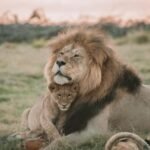Throughout history, big cats have captivated human imagination. Majestic and powerful, these creatures have been intertwined with cultural narratives, symbolizing everything from royalty and tyranny to mystery and divinity. From the lions of ancient Egypt to the tigers of Eastern myth, big cats have left a paw print on cultures across the globe, symbolizing diverse themes and ideologies.
Ancient Egypt: The Revered Lions
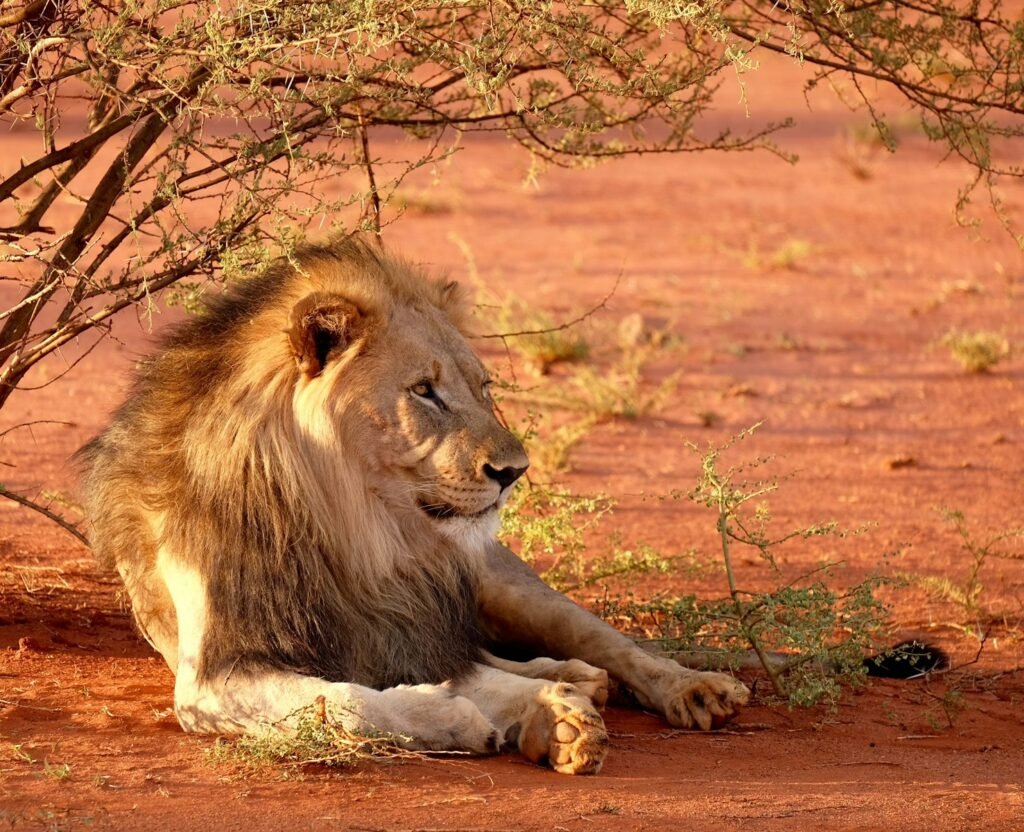
In ancient Egypt, lions were the embodiment of strength and divine power. Associated with several deities such as Sekhmet, the lion-headed goddess of war and healing, these magnificent felines were revered as protectors and warriors. Lions not only symbolized the ferocity needed to protect the pharaohs but also the fierce energy necessary to sustain the cosmic balance.
Medieval Europe: Guardians Real and Imagined
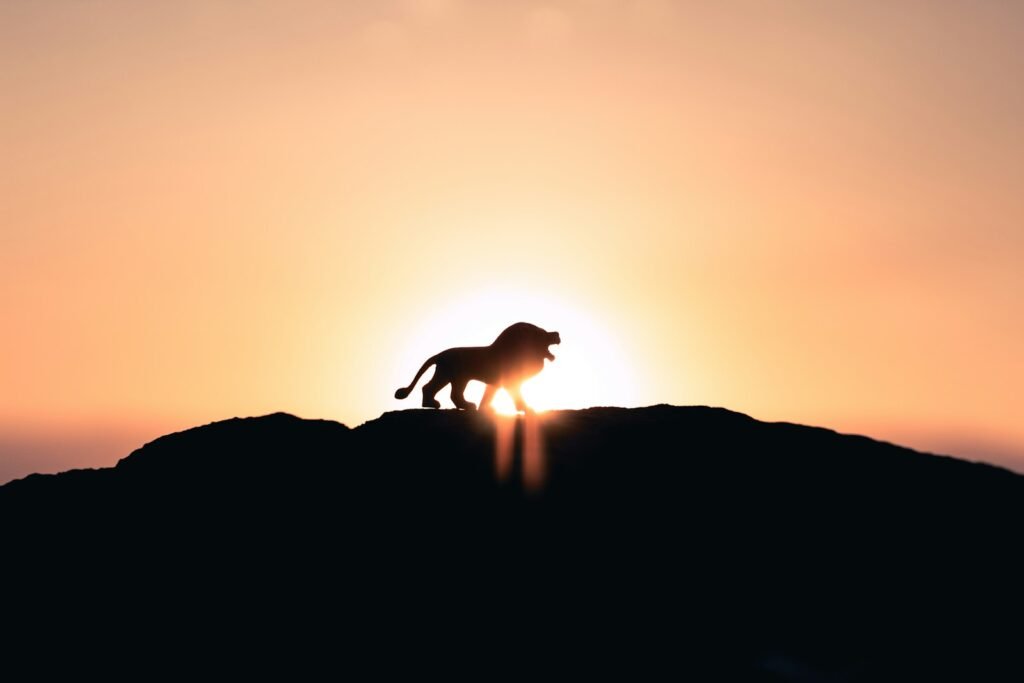
In medieval Europe, lions symbolized courage, nobility, and leadership. They were often depicted on coats of arms and heraldry, symbolizing bravery and valor in battle. The “Lionheart” moniker awarded to King Richard I of England is an enduring testament to the esteemed qualities these majestic animals were thought to embody.
Asian Cultures: The Tiger’s Might
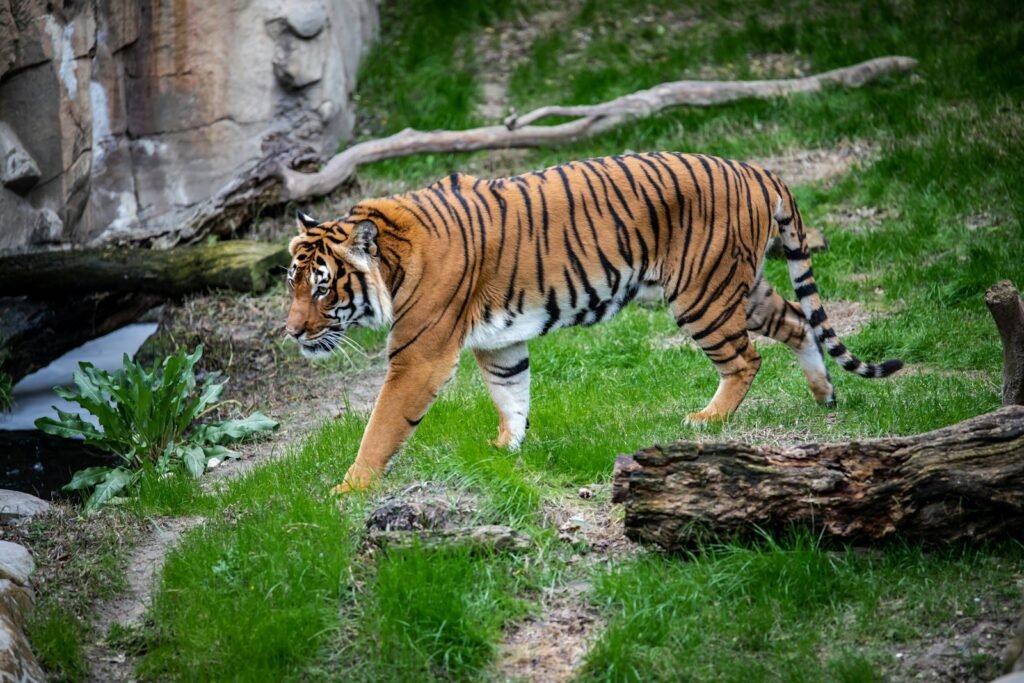
Across Asia, tigers have been venerated as symbols of courage and monarchy. In Chinese mythology, the tiger is a guardian of the western world and often represents military might and authority. Featuring prominently in art, literature, and folklore, tigers are considered protectors against evil spirits and a harbinger of good fortune.
Native American Iconography: The Mountain Lion
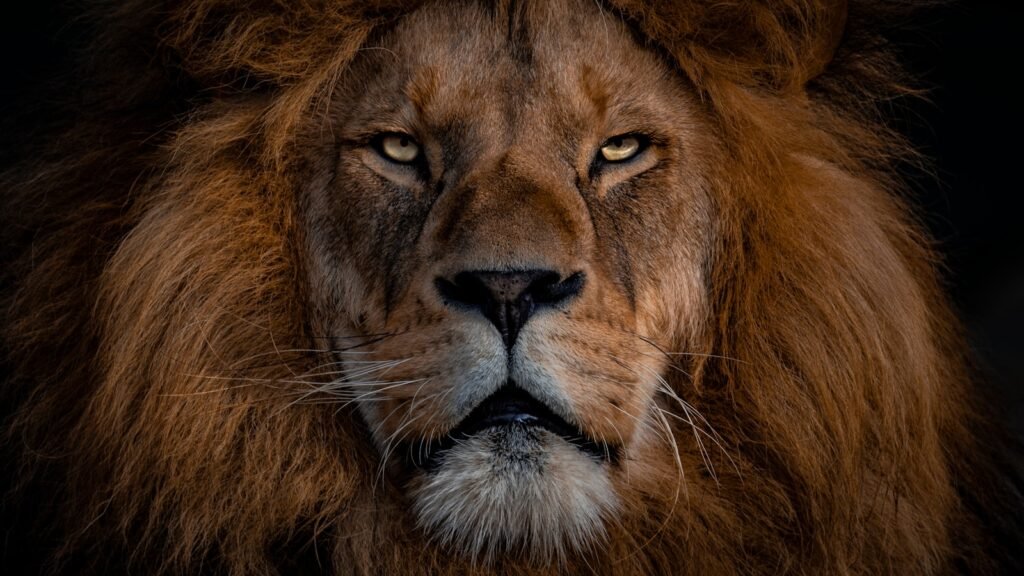
In Native American iconography, the mountain lion is a symbol of power, leadership, and resourcefulness. Various tribes viewed these big cats as spiritual guides, imparting wisdom and strength to overcome challenges. The mountain lion played a critical role in mythological tales, often representing courage and the ability to act decisively when needed.
African Traditions: The Leopard’s Duality
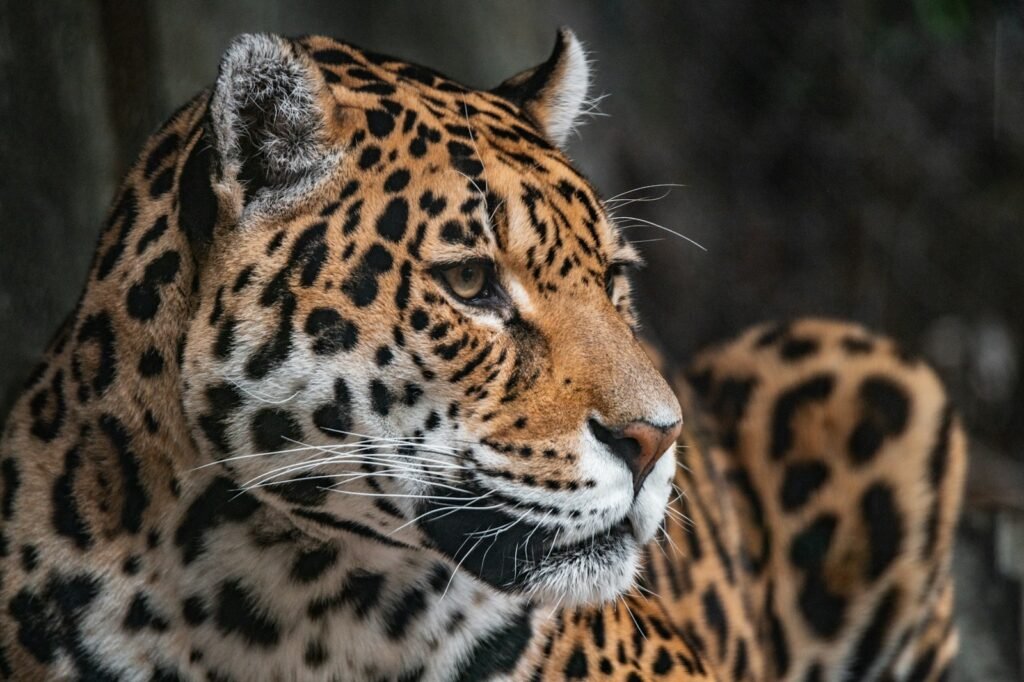
In African traditions, the leopard holds a dual symbolism, embodying both the hunter and the hunted, predator and protector. Seen as a bridge between the natural and supernatural worlds, leopards often appear in tales where they challenge the status quo, representing cunning and strategic thinking.
Hinduism and Durga’s Tiger
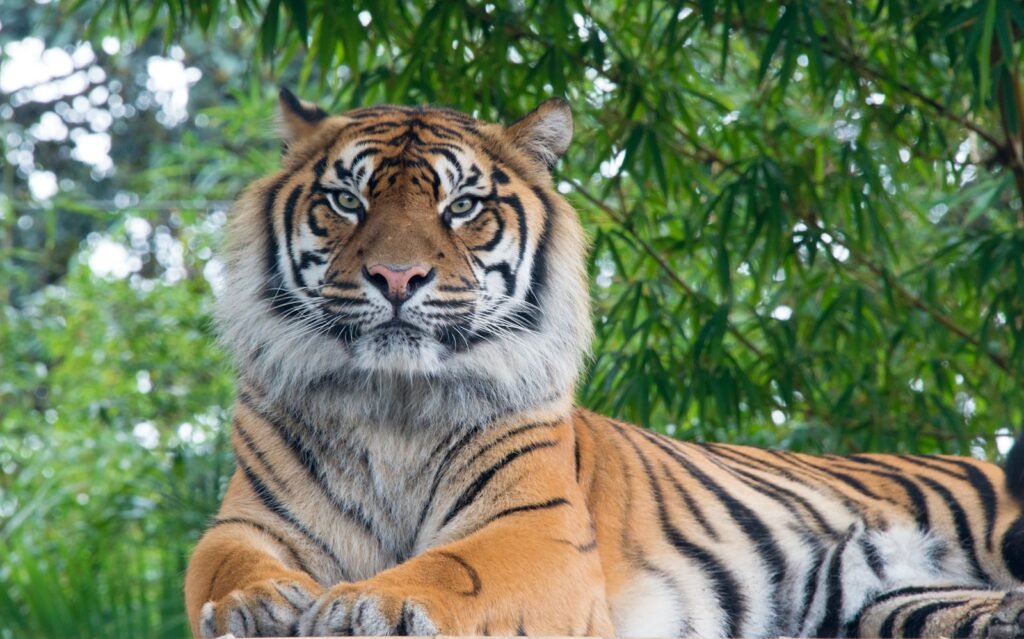
In Hindu mythology, the tiger is sacred to the goddess Durga, who is depicted riding a tiger as a symbol of her power over destructive forces. This majestic beast signifies the divine strength and fierce independence that Durga embodies, inspiring awe and reverence among her devotees.
Cultural Mythos: Big Cats as Omens
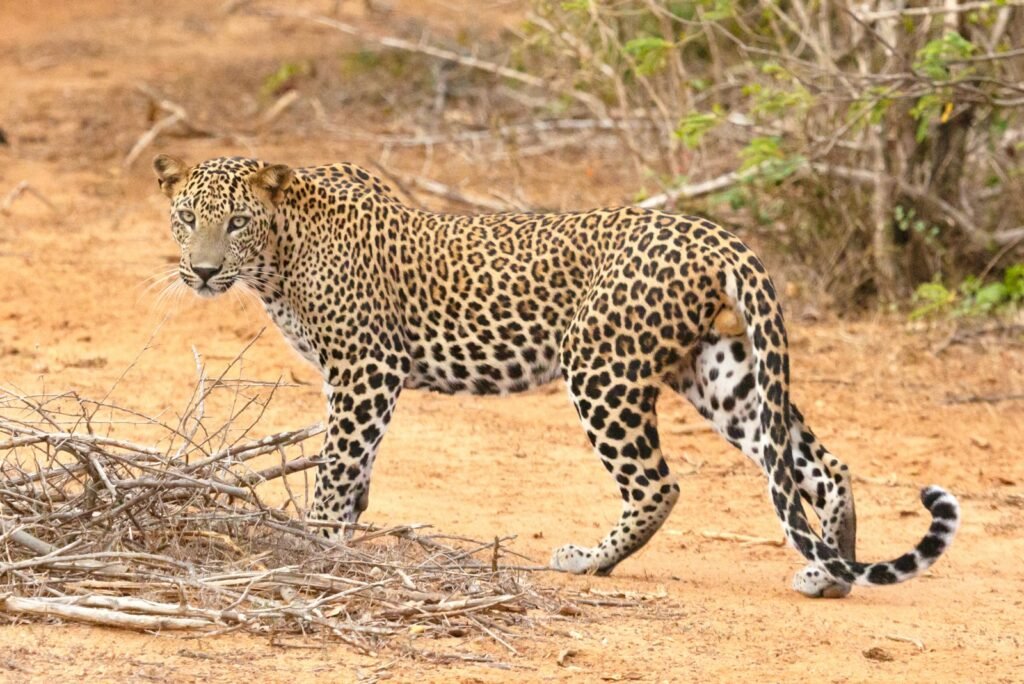
Across various cultures, big cats have been seen as omens, both good and bad. Their presence in folklore often predicts events of great significance. They command respect and invoke fear, embodying the unpredictable nature of the wild. Such tales highlight humanity’s longstanding attempts to understand and interpret these powerful creatures.
Big Cats in Modern Symbolism
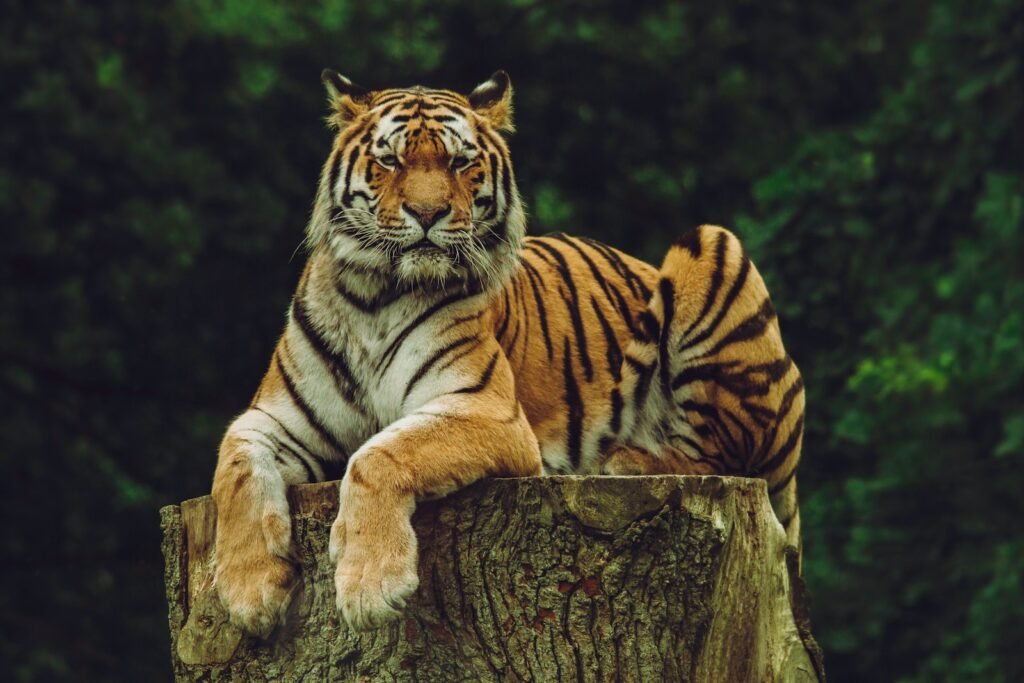
Today, big cats remain potent symbols of conservation efforts and the fragility of ecosystems. Organizations worldwide use their image to rally support for wildlife preservation, demonstrating their continued ability to inspire action and symbolize the urgent need for balance between humans and nature.
Conclusion: An Enduring Symbol
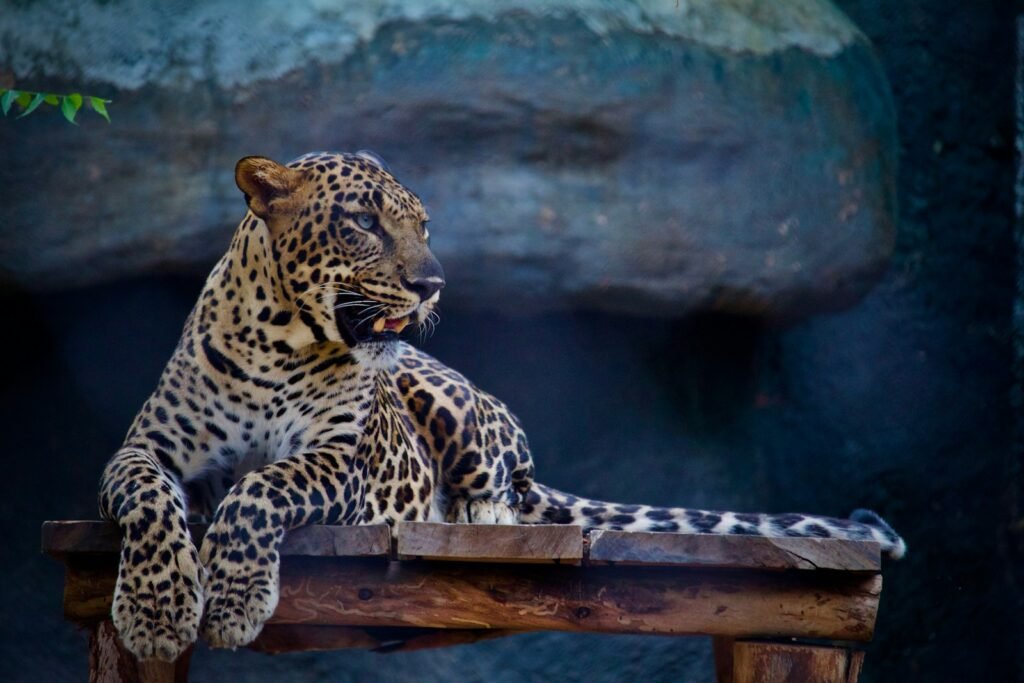
Big cats have played a dynamic role in shaping cultural symbolism throughout history, representing a wide array of human experiences and values. From deities and omens to emblems of power and beauty, their enduring presence in our cultural tapestry highlights humanity’s deep respect and admiration for these animals. As we move forward, let us continue to protect and honor their legacy not just in symbolism, but in reality as well.

Growing up traveling and experiencing new cultures and wonders, I have had a passion for nature, adventuring, photography, and videography. I am currently working towards a BSc in Biodiversity and Ecology at Stellenbosch University, and I hope to specialise in Marine Sciences one day.
Please send any feedback to Feedback@animalsaroundtheglobe.com


